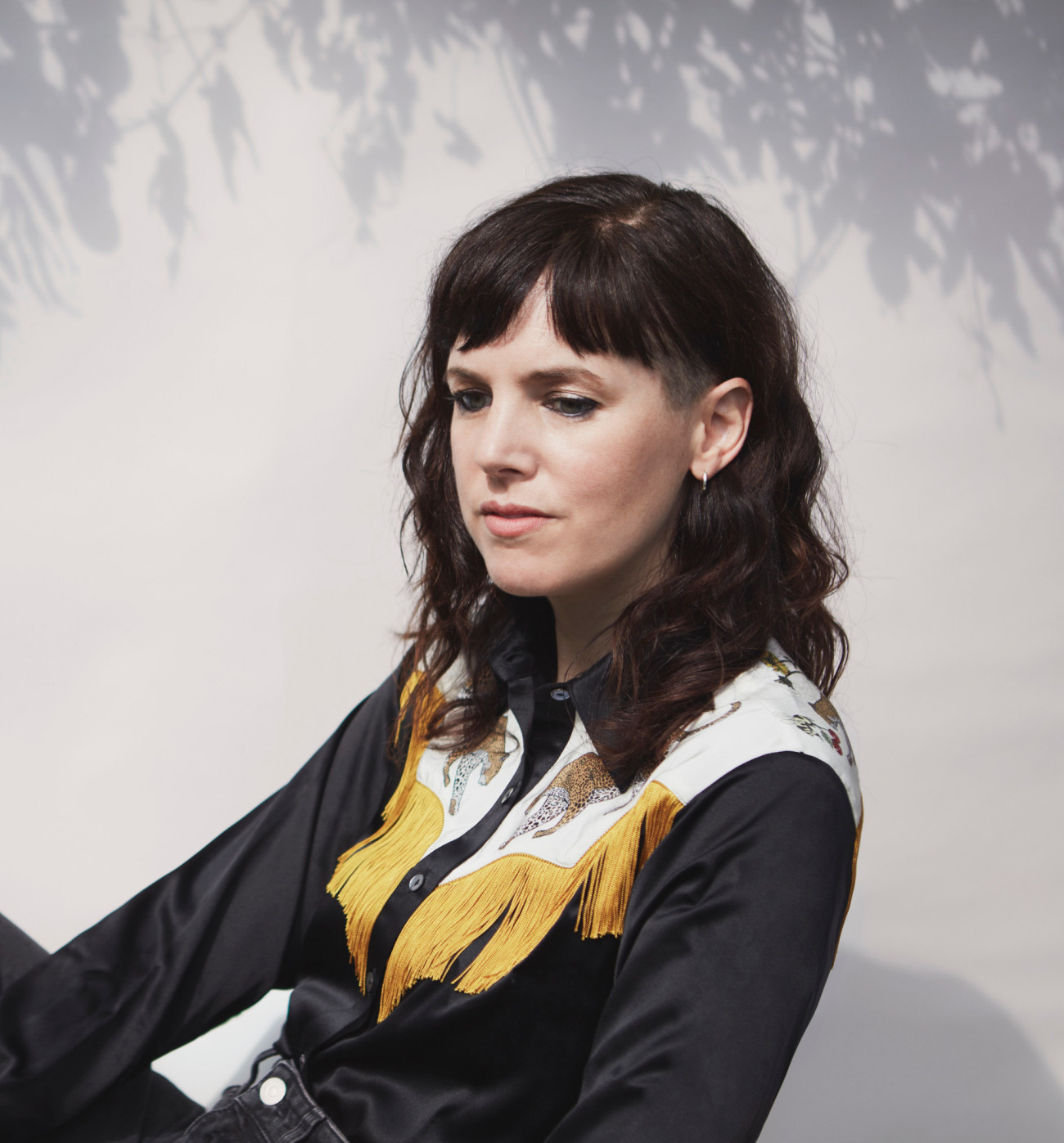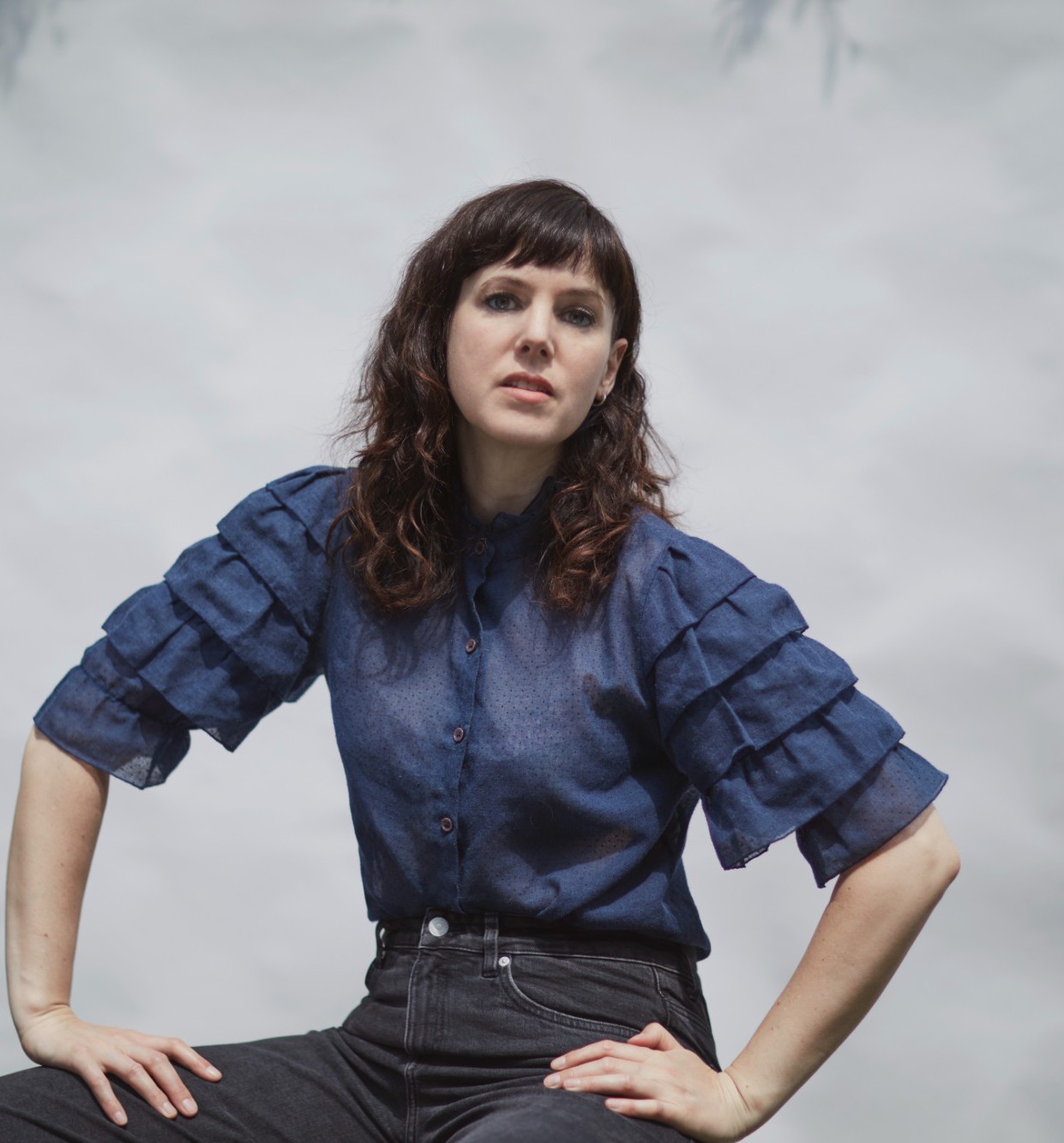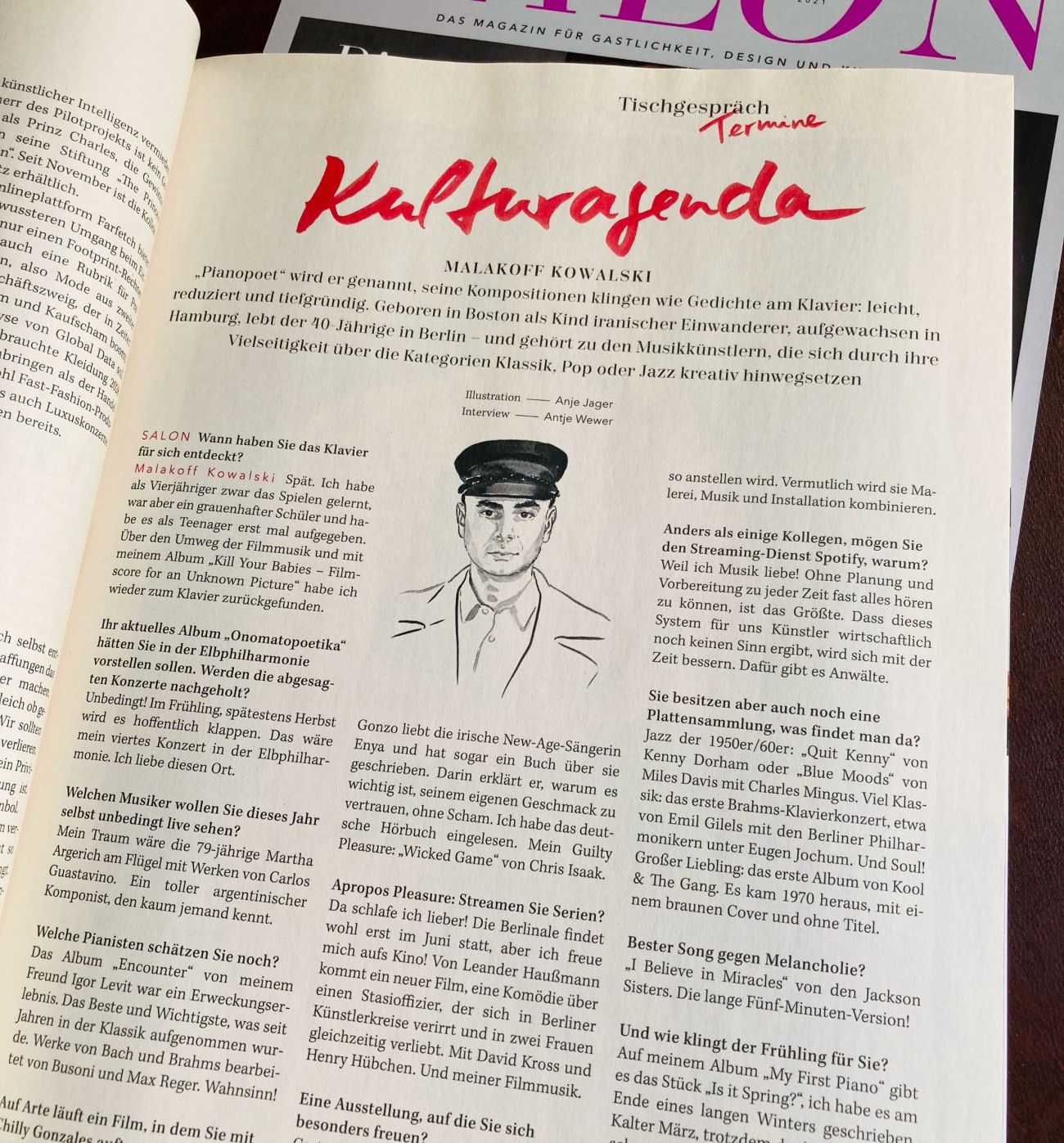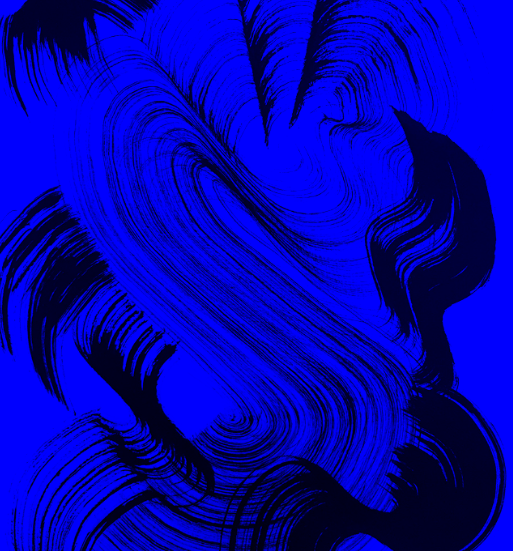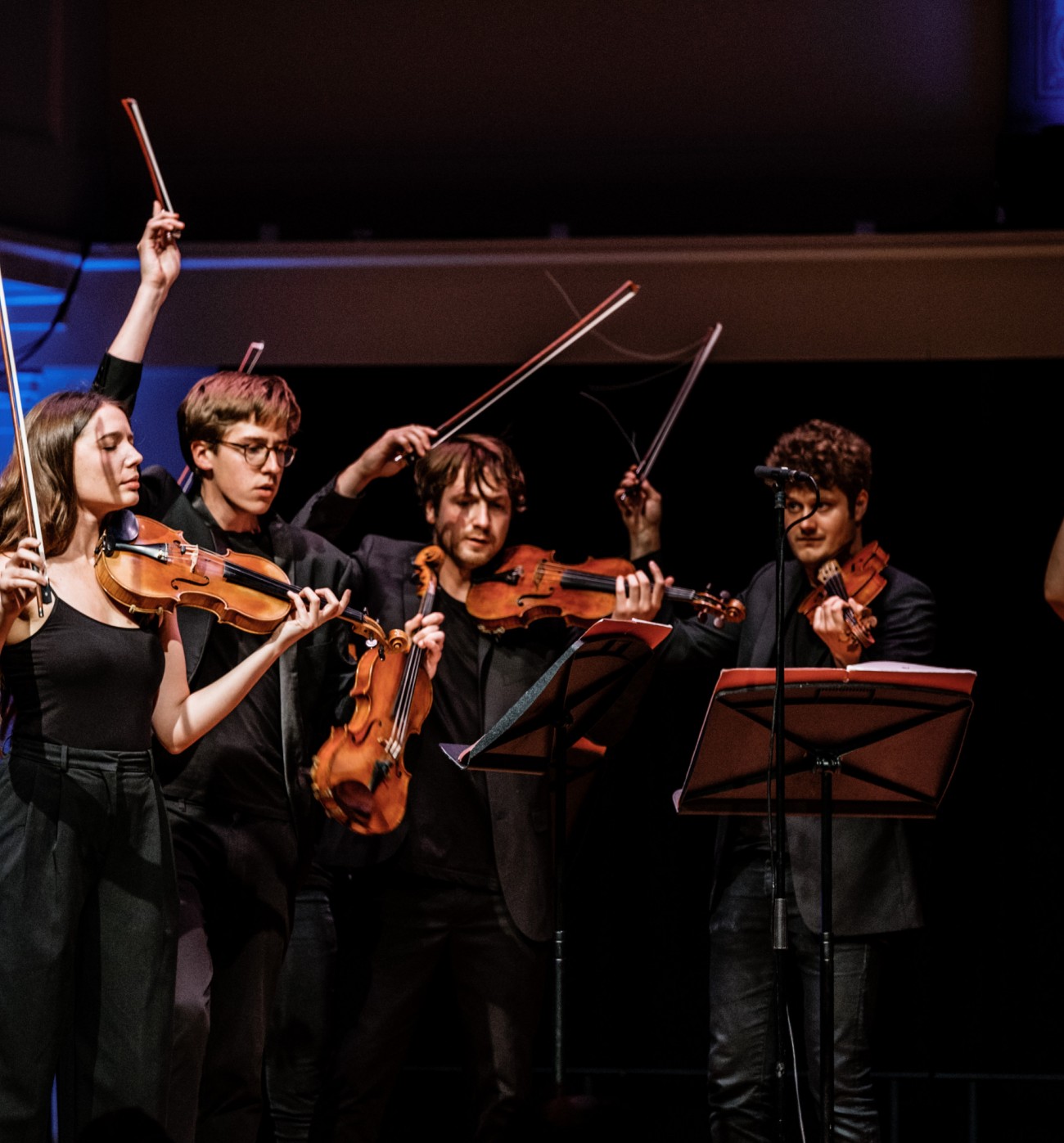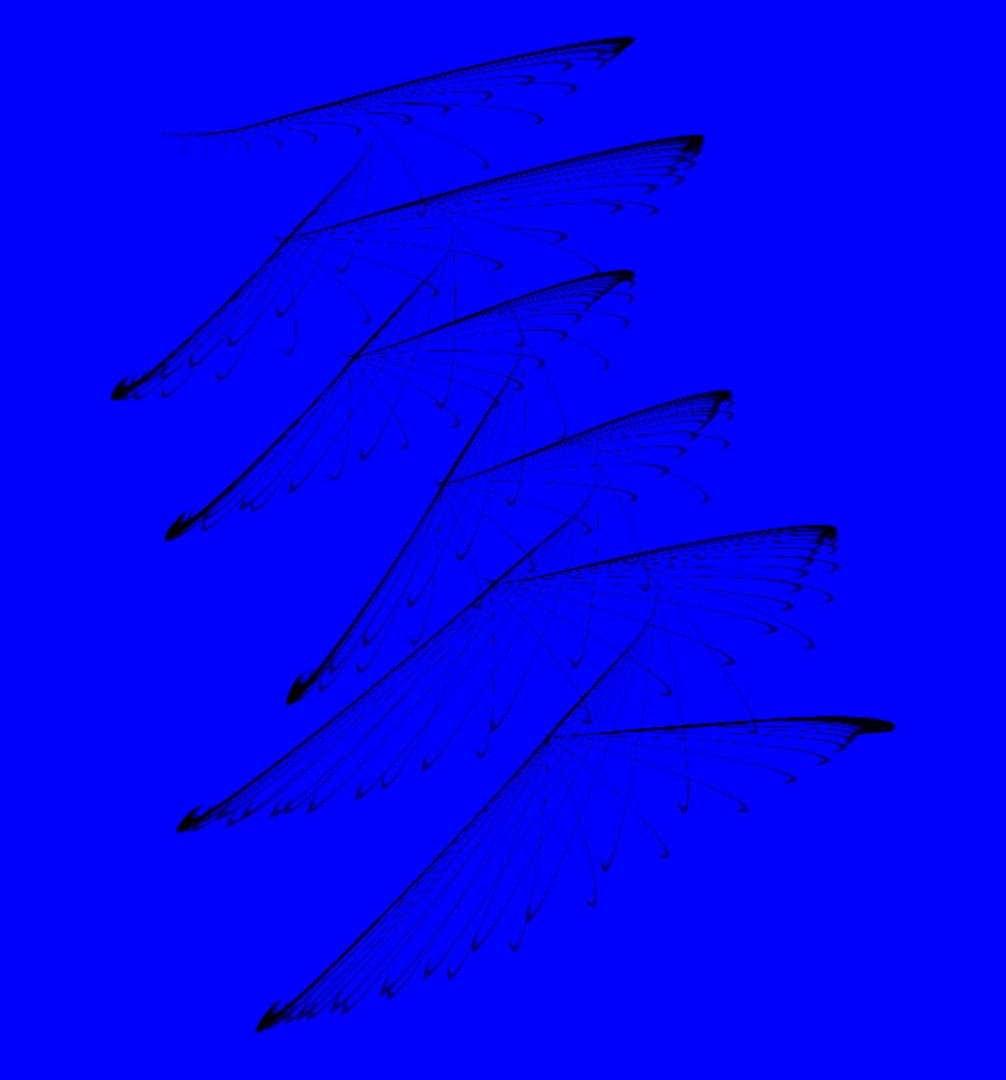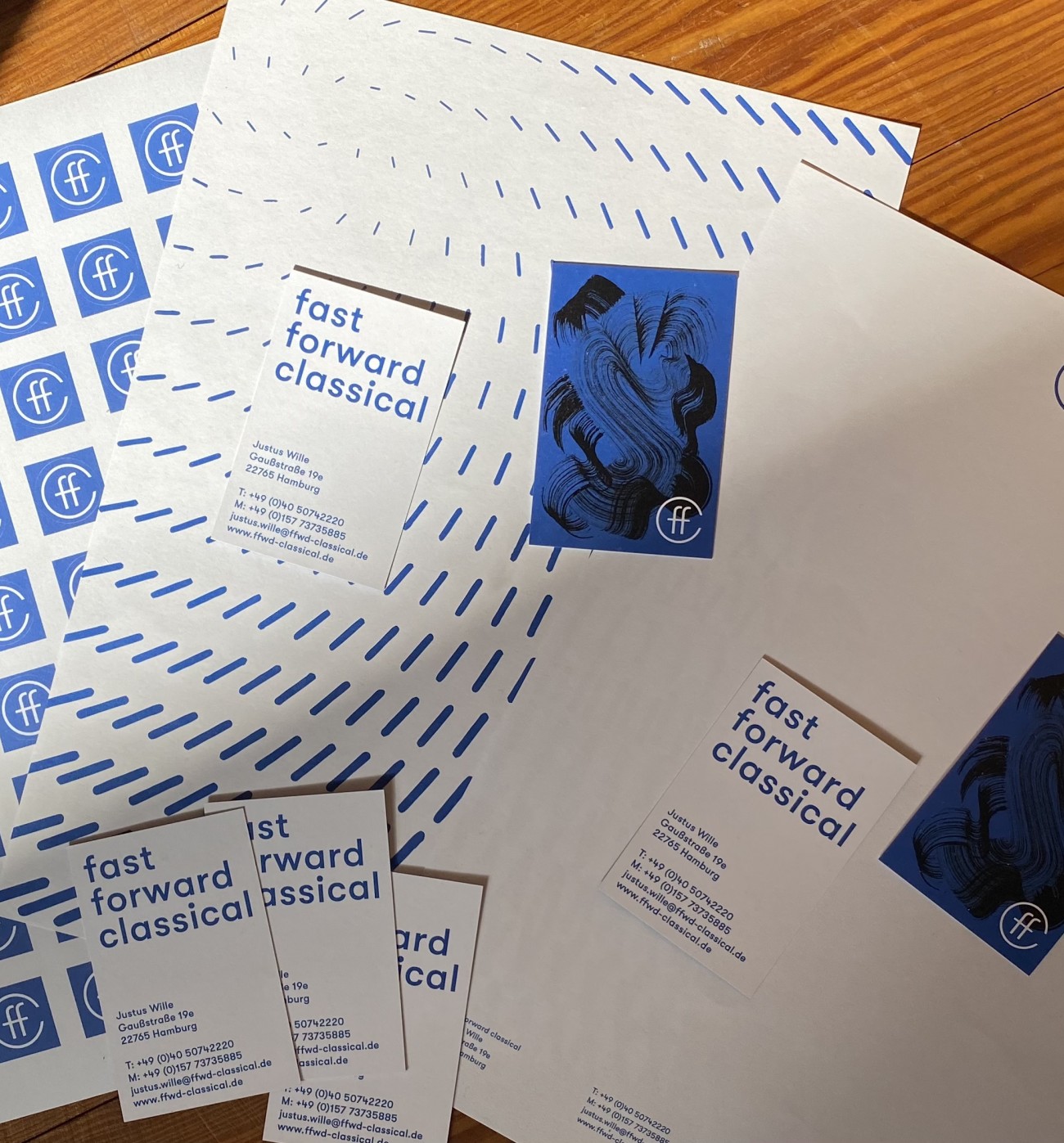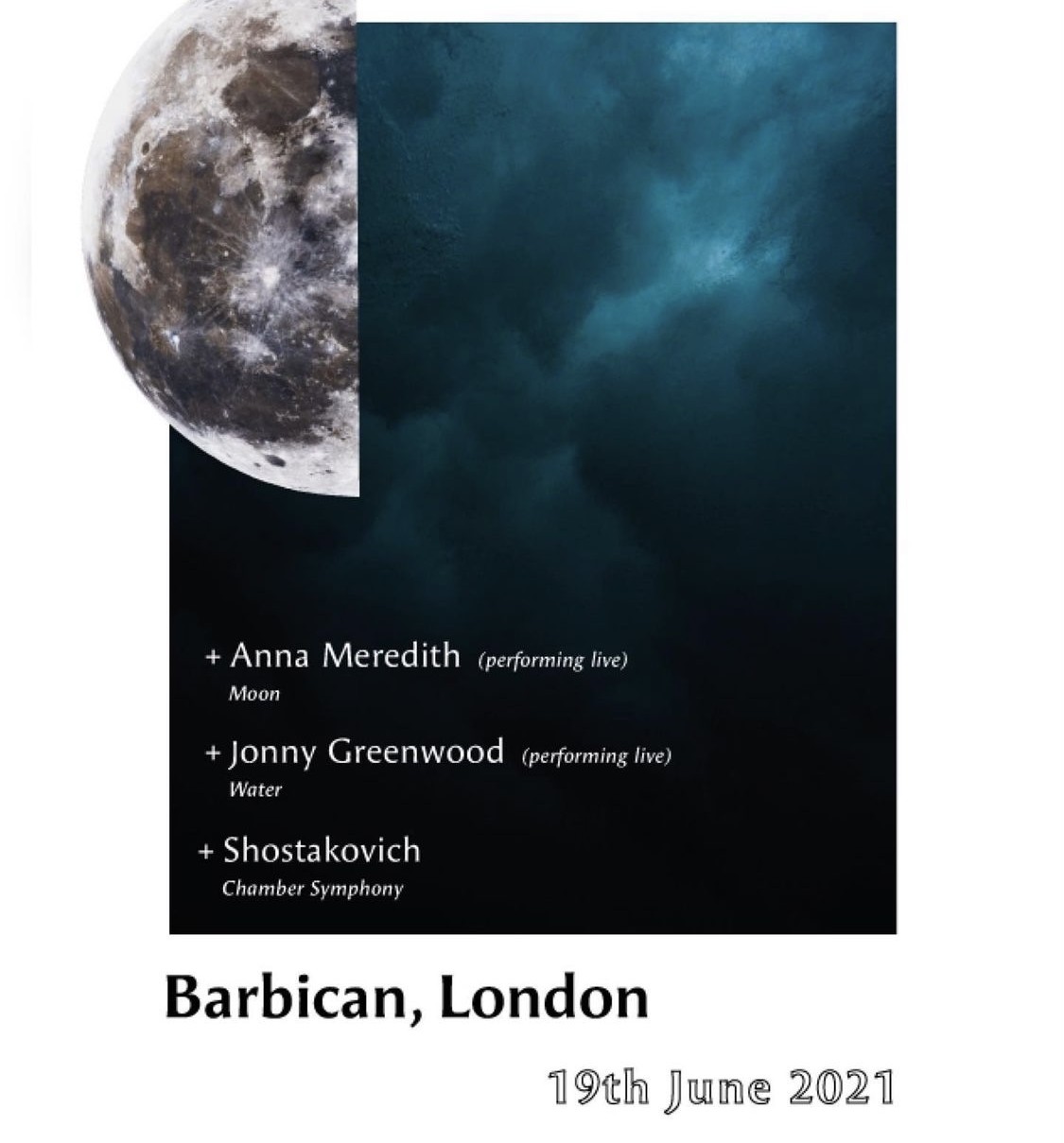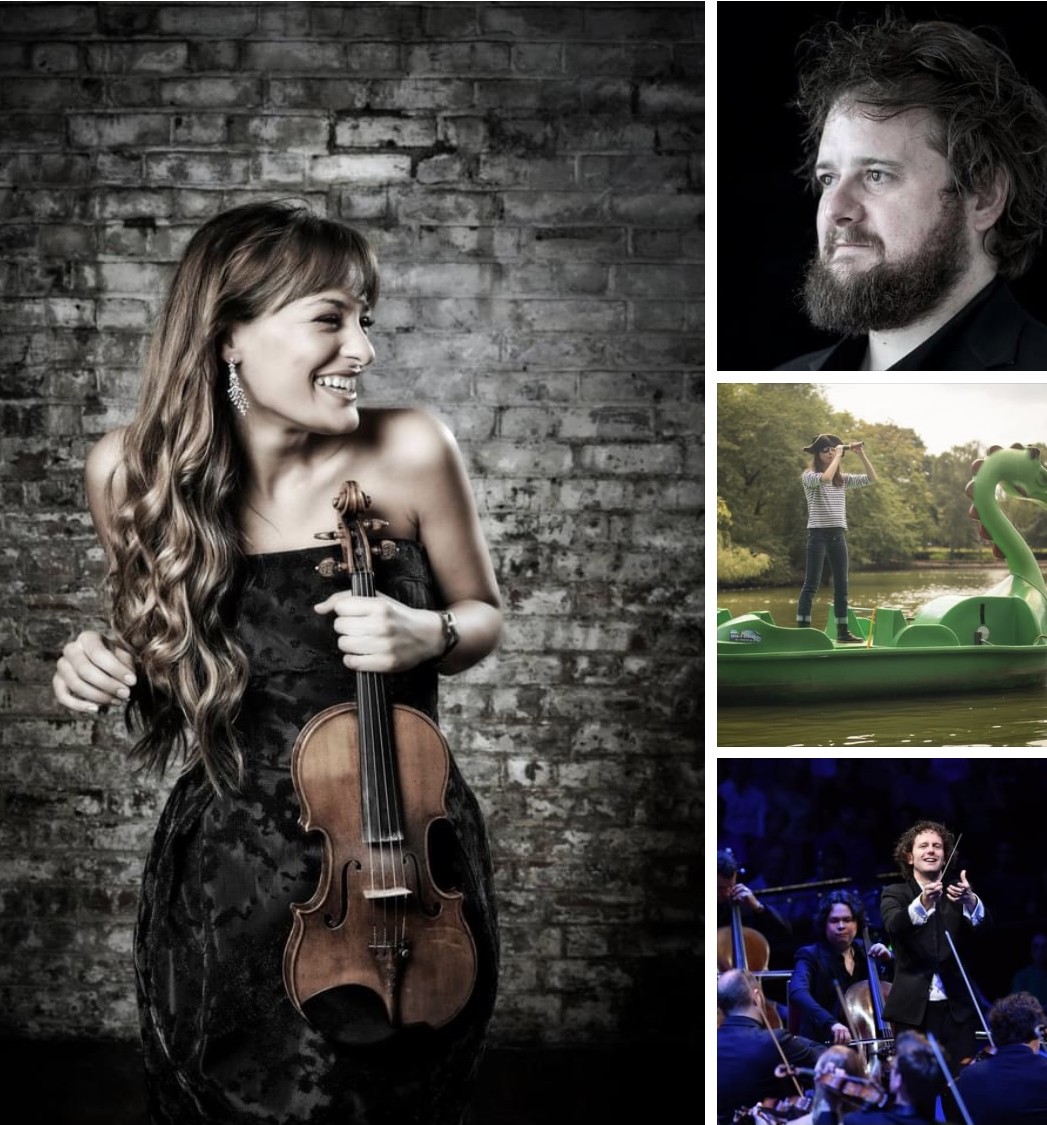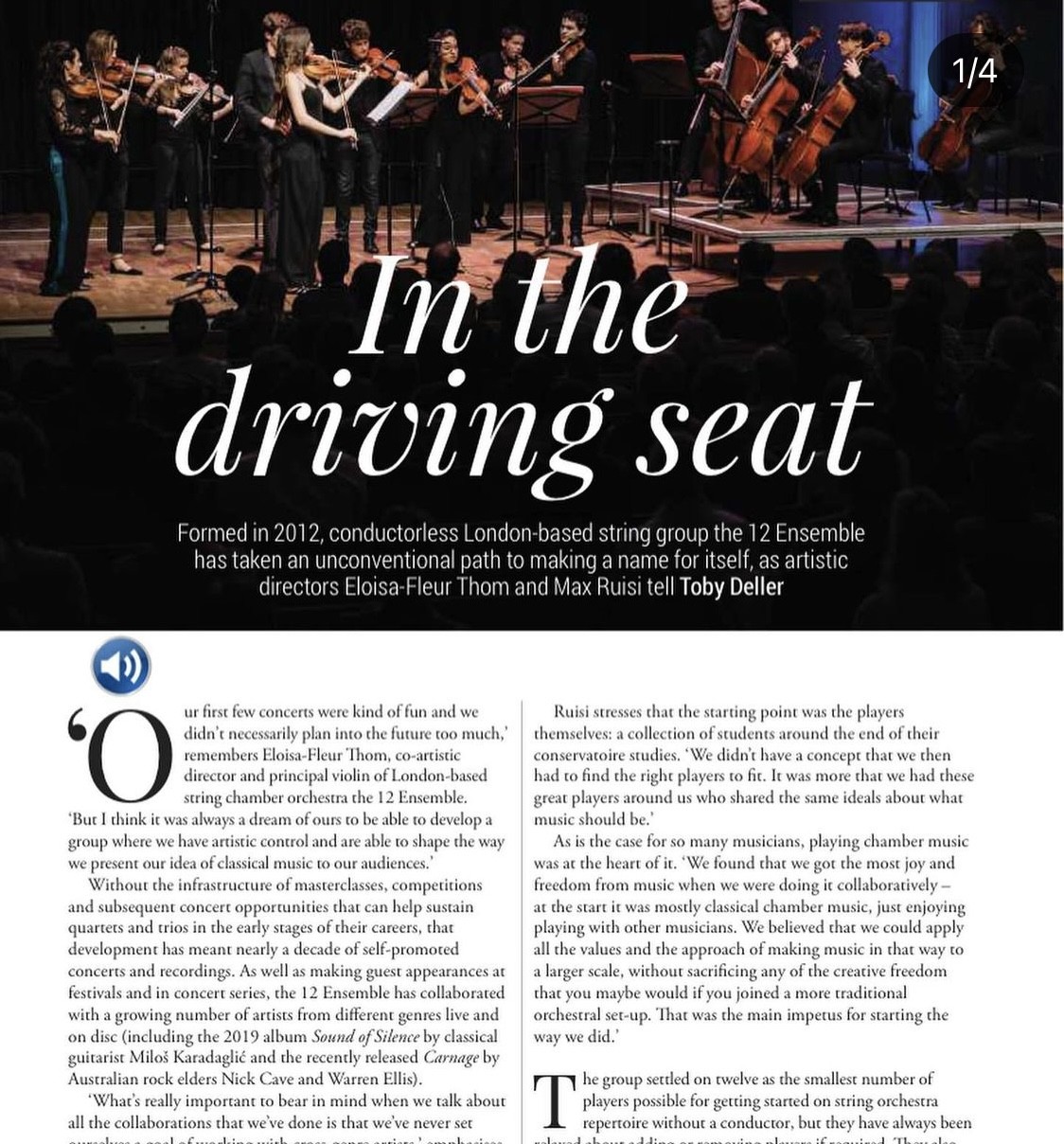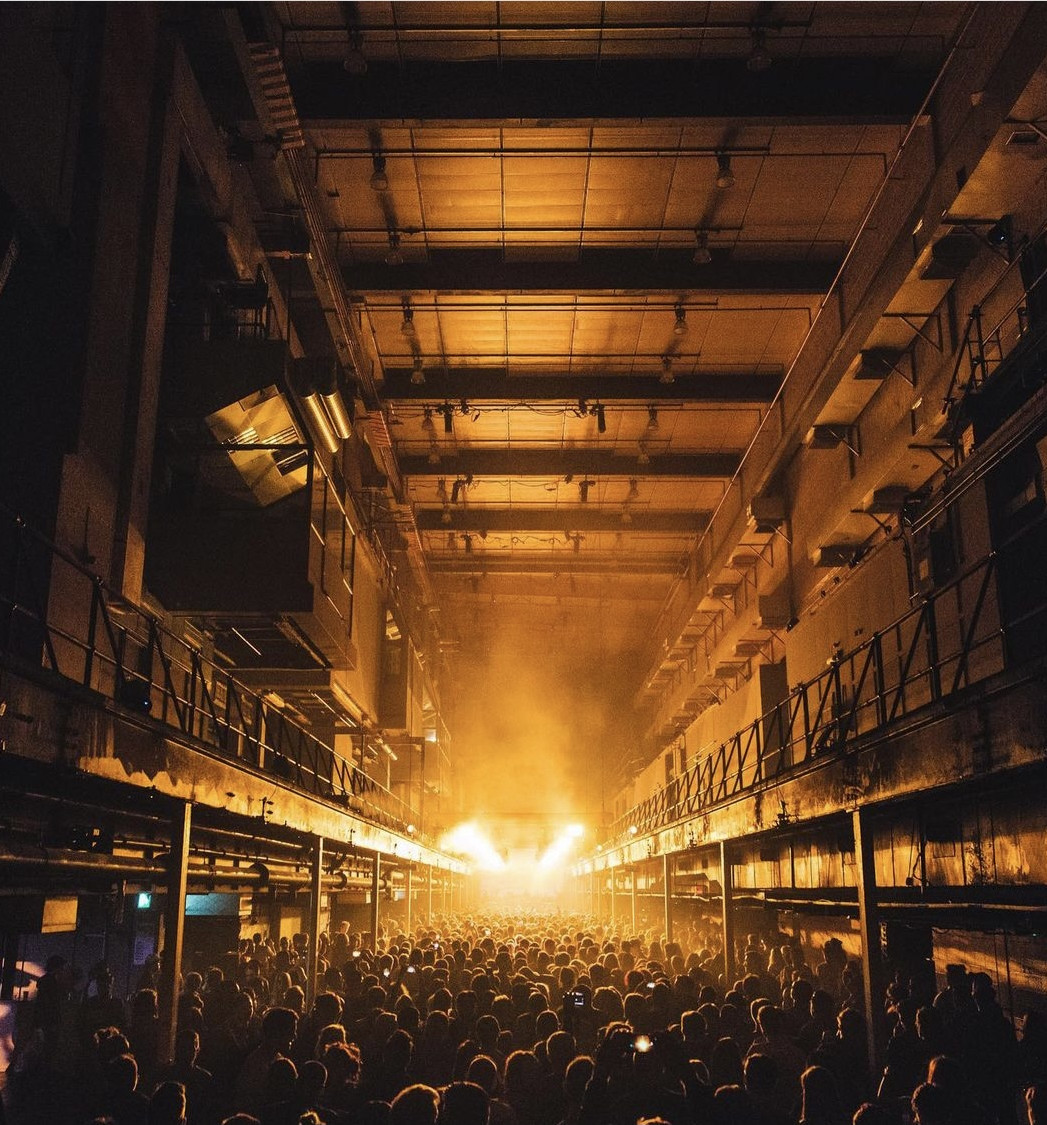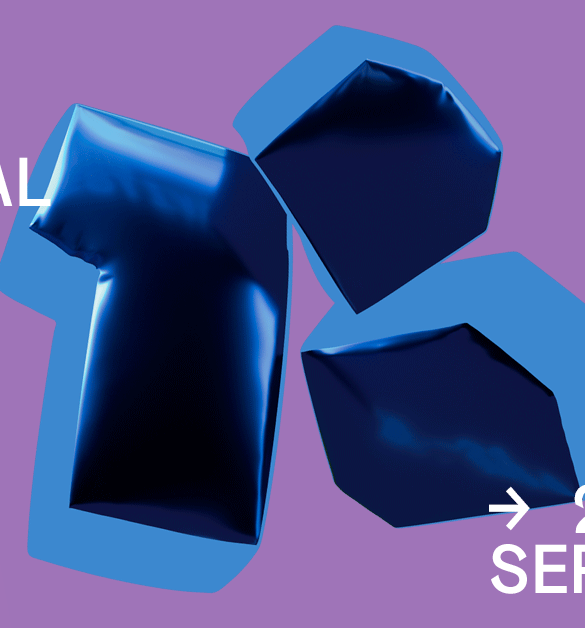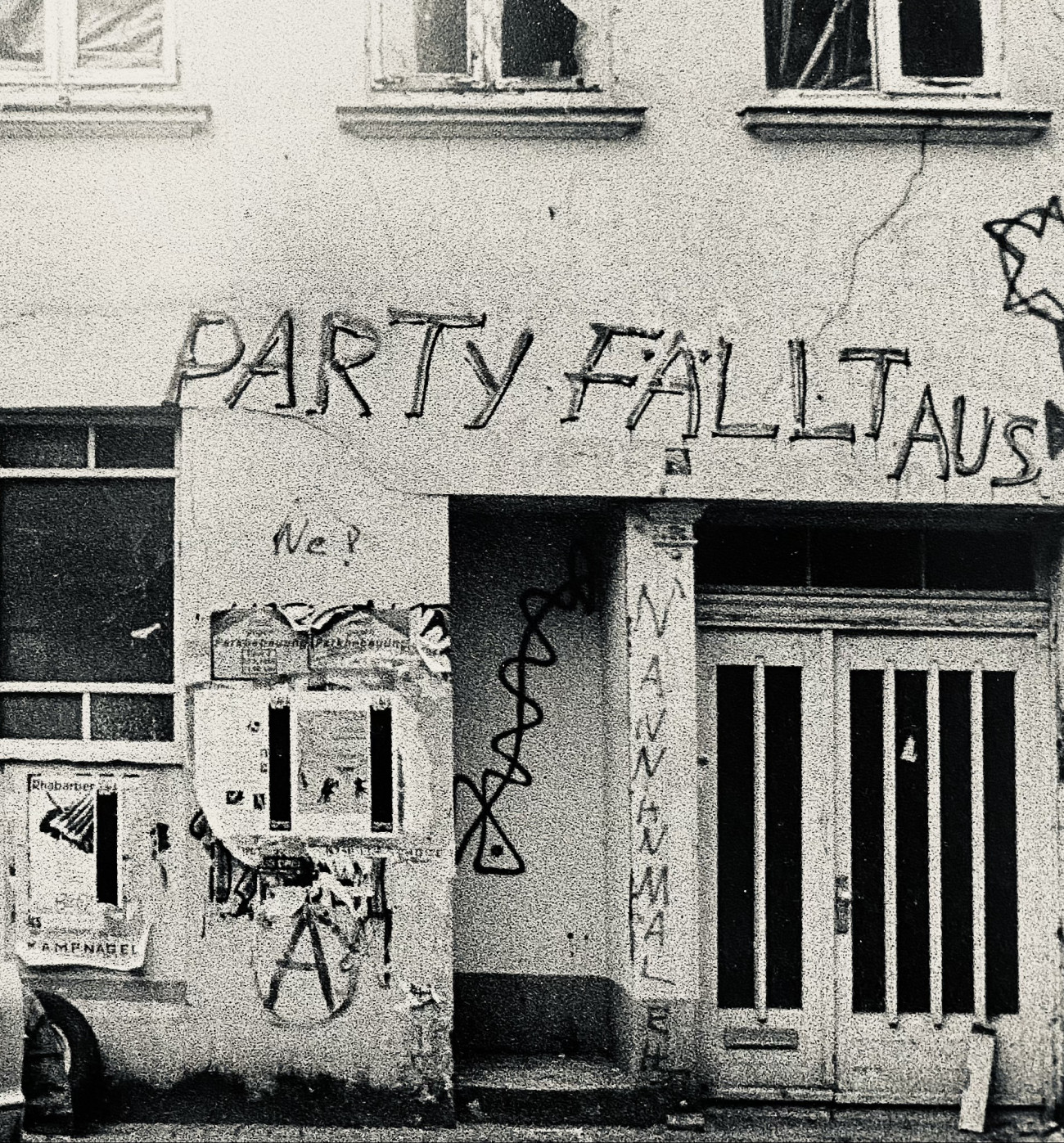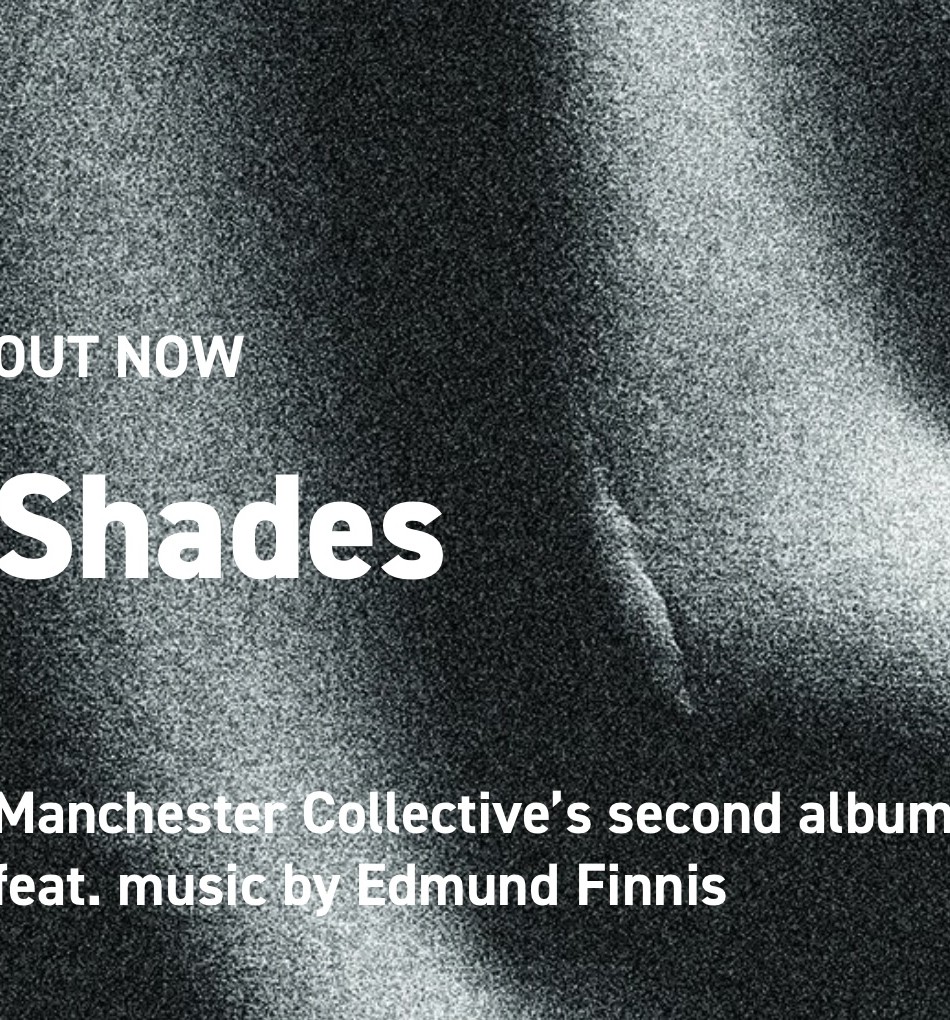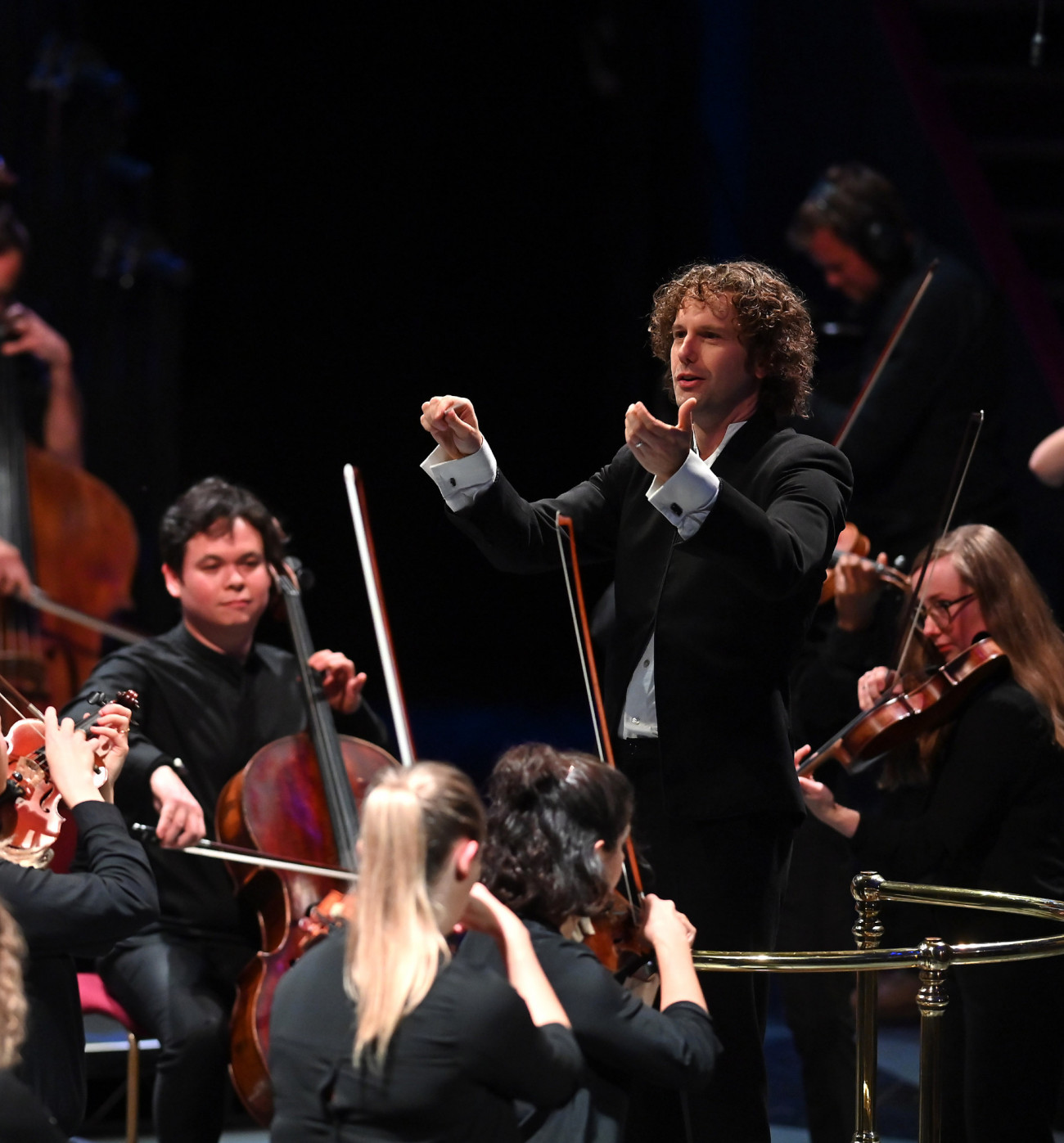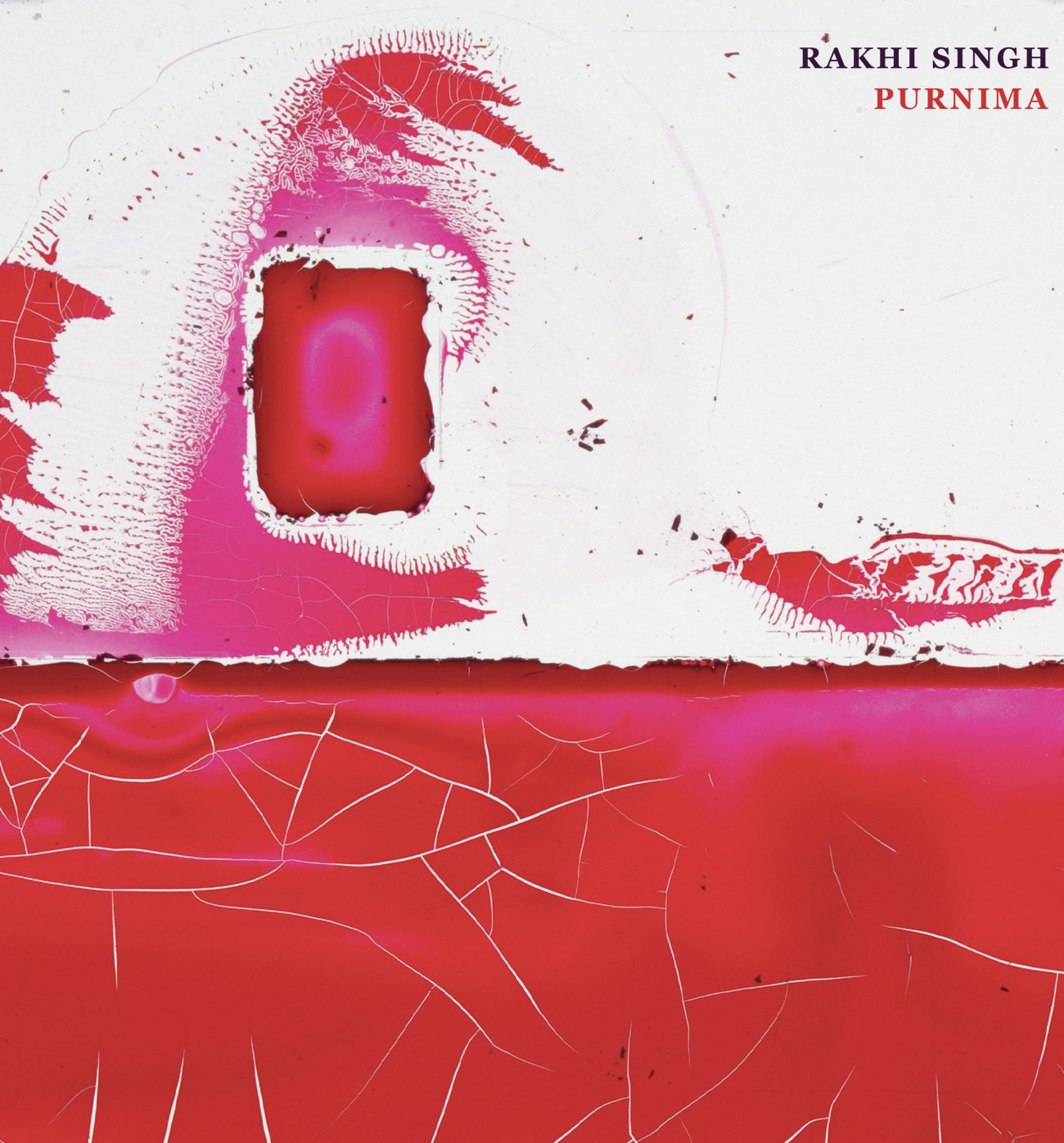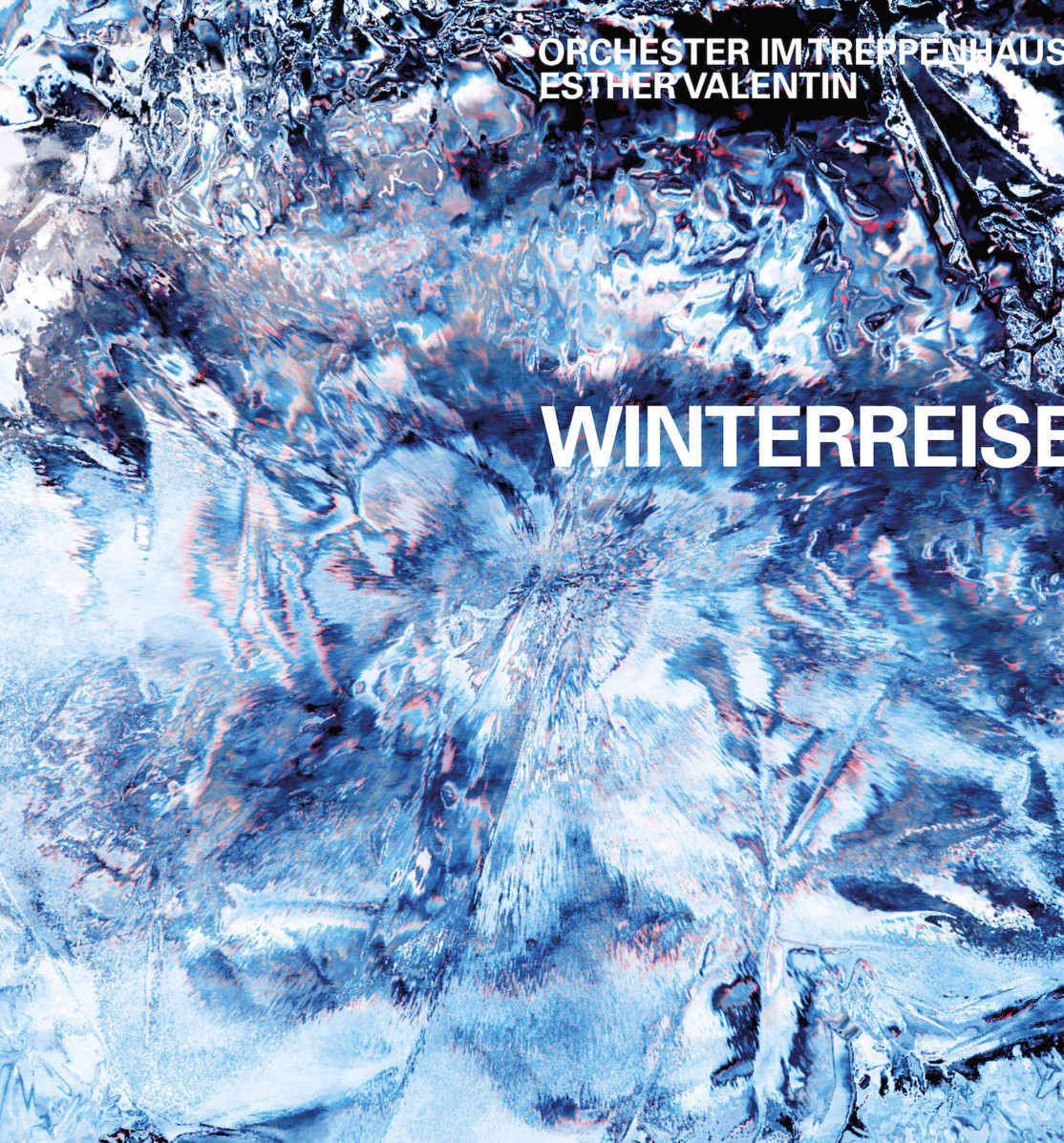Pascal Schumacher
Hailing from Luxembourg, Pascal Schumacher is without a doubt one of the most versatile musicians of his generation. A vibraphonist, composer, bandleader and sound designer, he develops authentic Gesamtkunstwerke combining an array of different musical influences.
Pascal studied classical percussion, jazz vibraphone and musicology at music conservatories in Luxembourg, Strasbourg, Brussels and The Hague. He holds a Master’s Degree in musicology from the Marc Bloch University in Strasbourg, and another in music with a focus on jazz vibraphone from the Koninklijk Conservatorium in The Hague. He has won many awards, including the Belgian Django d’Or (2005), Music:LX (2012), ECHO Jazz (2012), JTI Trier Jazz (2014), was selected for the Rising Stars program organized by the European Concert Hall Organization (2009 / 10) and appeared as soloist in ECHO Klassik 2017 awarded project Überbach.
He played with many of exciting musicians such Francesco Tristano, Bachar Mar-Khalifé, Jef Neve, Kenny Barron & Magic Malik, wrote music for theater and film and leaded a jazz quartet. Today he mixes emotional classical music with minimal electronic sounds, although Schumacher himself considers each classification obsolete. To him, music is a single, limitless playground.
2018 also marked a new beginning for Pascal Schumacher, who upon invitation to play at Jazz & The City Festival In Salzburg, started to develop his own solo material. The experience opened up an entirely new path for the composer culminating in his debut solo album, SOL, which he released in 2020 under Neue Meister. Two years later, in early 2022, his second solo album LUNA followed, which he has been touring all over Europe, including Philharmonie Luxembourg and Elbphilharmonie Hamburg.
Pascal is a Yamaha Artist and a Professor for Jazz and Classical Percussion at the Conservatoire de Musique de Luxembourg. He is the Artistic Director of the innovative 'Reset' Music Festival at Abbaye Neimenster and an Ambassador for SOS Children's Villages International - Luxembourg.
Website Pascal Schumacher: click here!


